Speech in the international conference on the Eastern Mediterranean and the Black Sea on July 18 and 19 in Istanbul.
Speech in the international conference on the Eastern Mediterranean and the Black Sea on July 18 and 19 in Istanbul.
The Center for National Strategy (USMER) has organized an international conference on the Eastern Mediterranean and the Black Sea on July 18 and 19 in Istanbul, Türkiye. Today, we present the speech of Tao Zan. Tao is the Vice-president of the Faculty for Regional Studies in the Beijing University, China.
By Tao Zan, Vice-president of the Faculty for Regional Studies in the Beijing University, China
Distiguished colleagues,
It is a great honor to speak at this panel.
The theme of my address today is: “A Decolonial Worldview: China’s Rise, Neoliberalism, and the Strategic Consciousness of the Global South.”
Decolonization today is not only about resisting military aggression or financial coercion. It is about reclaiming epistemological sovereignty—the power to define development, modernity, justice, and freedom through our own histories and aspirations.
This is why I argue: without decolonizing our minds, we cannot build a post-imperial world.
I. Empire Is Not Just Force—It Is Thought
In the 21st century, imperialism no longer always comes in the form of tanks or occupations. It comes through:
- University rankings designed in London and New York;
- Development frameworks crafted in Washington and Brussels;
- Normative vocabularies—like “good governance” or “free markets”— that delegitimize non-Western paths.
This is the architecture of epistemological imperialism.
Thus, what we confront is not merely an imbalance of power, but a monopoly over meaning.
We are still too often speaking with borrowed languages, thinking in borrowed categories, and imagining the future through Western eyes.
II. Neoliberalism: The Ideological Armor of Global Capitalism
Let us now be clear about the dominant ideology of our time—neoliberalism.
Distinguished colleagues,
Contrary to its claims, neoliberalism is not the liberation of markets. It is the re-militarization of capitalism under the banner of freedom.
But in reality:
- It devastated post-colonial industries in Africa and Latin America;
- It engineered debt crises that robbed nations of sovereignty;
- It weaponized institutions like the IMF and World Bank to impose economic discipline backed by political pressure.
Neoliberalism does not reduce the state—it repurposes the state to protect capital and punish dissent. Neoliberalism teaches us that capitalism is natural and free. But history shows us: capitalism was born through slavery, colonization, and war. Its survival depends on global asymmetry and epistemological submission.
III. China’s Rise as a Post-Neoliberal and Decolonial Alternative
In this context, the rise of China represents more than an economic phenomenon. It offers a structural, ideological, and philosophical alternative to neoliberal capitalism. Since 1978, China has lifted over 800 million people out of poverty—not by following the neoliberal prescription, but by rejecting it. In practice, its path represents a post-neoliberal mode of development: one where markets serve the state, and the state serves the people. Equally important is China’s non-imperial internationalism. Unlike past great powers, China’s global integration—most visibly through the Belt and Road Initiative (BRI)—does not come with regime change, moral policing, or cultural erasure. Instead, it embodies a relational logic—a diplomacy of infrastructure, mutual respect, and non-interference. BRI is an invitation to co-create a world no longer dictated by the West. That is, fundamentally, a decolonial proposition.
IV. The Eastern Mediterranean–Black Sea: Strategic Front of Intellectual Decolonization
Let us turn now to this region—where empires have collided for centuries, and where the ideological stakes today remain high.
Countries here have faced:
- Direct military aggression (Iraq, Syria, Libya);
- Civil war and proxy conflict (Ukraine, Lebanon);
- Cultural and academic fragmentation through imported ideologies.
But this region also carries profound revolutionary memory. One case is especially important:
◉ Türkiye and the Kemalist Revolution: A Forgotten Anti-Imperial Legacy
In 1923, the founding of the Turkish Republic marked one of the first successful anti-colonial wars of independence in the modern era. Mustafa Kemal Atatürk’s revolution stood for national sovereignty against and liberation from the Western occupation and imperialism, secular modernity rooted in indigenous institutions, and republican citizenship over sectarian divisions. Kemalism inspired generations of anti-colonial thinkers across Asia and Africa. It was a beacon of political independence in a time of imperial collapse. But today, under the influence of Western epistemological paradigms, particularly identity politics and postmodern liberalism, Kemalism is often reduced to a narrative of exclusion, authoritarianism, or “statism.” This is not innocent critique—it is a form of epistemological sabotage. It erases anti-imperial victories, fragments collective memory, and delegitimizes the national state as a vehicle for emancipation. This example teaches us: even anti-imperialist revolutions are colonized— after the fact—by foreign narratives. Thus, intellectual decolonization is not nostalgic—it is necessary for reclaiming political futures.
V. Conclusion:
Without decolonizing our thinking, political sovereignty remains symbolic. Economic progress remains scripted by others. And globalization remains a map drawn by empires.
The Global South must not be reduced to a mere geographic category, nor to a description of the peripheral condition within the capitalist world-economy. It must, above all, be a political stance, a state of mind, and a strategic consciousness that steadfastly chooses to stand with those weak/poor nations and peoples who, since the dawn of modernity, have been colonized, oppressed, exploited, and humiliated. Once known as the Third World, the Global South still carries this shared historical memory. This is not a call for the injured to take revenge, but an appeal to rewrite a morally legitimate world history and global history, to break the unjust and inequitable world order from the standpoint of all humanity, and to establish a genuinely democratic, autonomous, and egalitarian world system and international order in which justice is finally done. Global South is not a zone of extraction, but a zone of imagination. Let us recover our memories, renew our languages, and reassert our futures. Let this century not simply witness the decline of empire, but the rebirth of civilizational dignity.
Thank you!







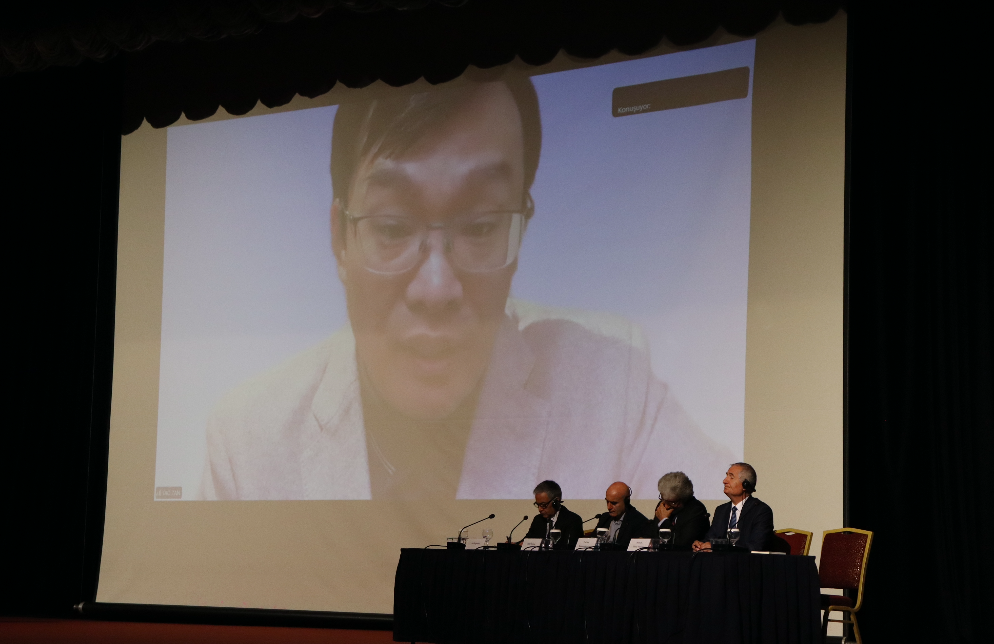
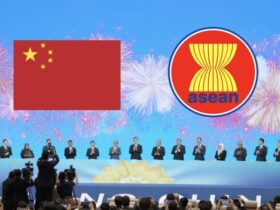




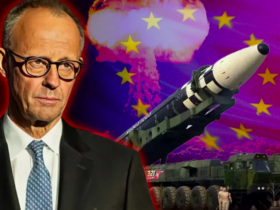
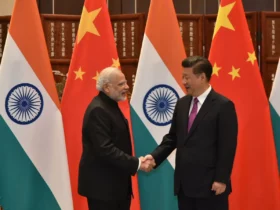
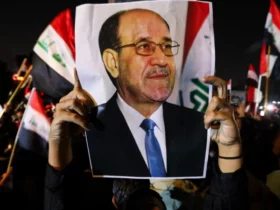

Leave a Reply